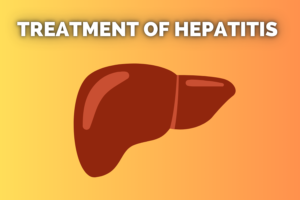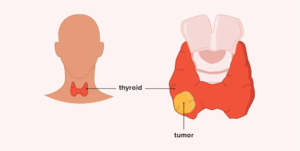How to Avoid Falling Back Into Drug Addiction

There is an opium epidemic in the United States, and local and state governments are straining to cope with it. This powerful illegal drug causes those who become addicted to think of nothing else and is ruining people’s lives and those of their families and friends.
The first line of attack is to get them into a rehab program where they can get treatment for the physical, mental and emotional damage the drug has done. 12 Step program experts like Erik Bugen, have been working overtime to locate and provide treatment for addicts. Their work has proven successful in getting users to stop taking the drug temporarily.
What is clear is that because the drug is so powerful there needs to be a sustained lifelong effort to keep users clean. It is not easy though, and users need to be vigilant about signs they may be slipping back towards addiction. Here are some signs this and what to do if they happen.
]Beginning the Same Pattern of Denial, You Had While Using
One of the drivers of drug addiction is denying you have a problem. This usually manifests itself in patterns of behavior that allow you to restart with the behavior and fall back into addiction. If you are sliding back into your old patterns, you probably recognize it to some degree. But taking any actions about it are probably not occurring because you take a defensive stance toward yourself and your friends.
If someone is alerting you to your adopting these same patterns, and you have a defensive attitude about it, this should sound an alarm to you and those close to you that you may be regressing toward your old addictive behaviors. So fight against your stubbornness and listen to those around you.
Related: Should You Check into a Drug Rehab Facility to Overcome Your Addiction?
Glamorizing Past Drug Use
Even though the harsh reality is that drug use ultimately causes destruction of your body, your lively hood, and your relationships, at times, it can be easy to remember only the good times when you were using – when you were partying and having fun. This common issue is one that needs to be addressed directly. You must always keep in the front of your mind and available for when you get weak; that you got sober for a reason. And that drug use was no longer fun.
Instead, it created chaos in your life. The first thing to do is to contrast your current sober life with your actual life when you were using. Be brutally honest about it. Go through the highest high and the lowest lows and think through the results of your behavior. This approach will help to nurture an appreciation for your drug-free life and remind you why you gave up drugs.
Find: The Pros and Cons of Drugs for Anxiety
Allowing Friends from Your Addiction Days Back in Your Life
Once you have made the decision to not use drugs, you must choose new non-using friends. If you are no longer going to expose yourself to the temptation of drug abuse, spending time with people who use drugs is not an option. Triggers can be very powerful influences in the life of a recovering addict. There may be times when you remember celebrating with a close friend over drugs.
In a weak moment, it is possible to desire that same kind of camaraderie. It is even possible that you will find it difficult to be with certain friends without drugs, especially if these are the only things you have in common with them. So stay away from anyone who causes you to remember or want to use drugs. At the same time surround yourself with healthy drug-free people who are determined to keep you on track.
Find: How to Choose an Alcohol Rehab Facility
Refusing to Call For Help
The ride from addiction to sobriety will be a bumpy one, so perhaps the most important tip of all is remembering that to ask for help when you need it. Especially in the early days of recovery, temptations to use will come in many forms. You may be tempted to escape the pain, or want to feel good in a way that only drugs can offer, as you have in the past. It is in these moments that asking for help is so vitally important. There are several ways you can ask for help:
- Call your sponsor, regardless of the day or time.
- Call your pastor or deacon if you’re a member of a church.
- Call a trusted family member.
- Call your rehab facility or get in touch with your counselor.
- Visit a local emergency room and explain the situation.
In the end, if you do fall short and use again, it isn’t the end of the world, and it certainly doesn’t mean that you are instantly an addict again. If the recovering addict can admit that they have made a mistake and accept their shortcoming, they are usually able to get back on the bandwagon of sobriety fairly easily with family support, guidance from professionals, and a confidence attitude towards their full recovery.






